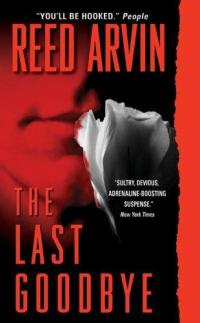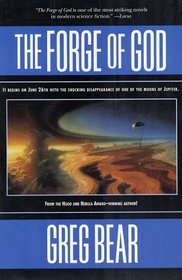The Last Goodbye by Reed Arvin
 Monday, October 25, 2010 at 1:34PM
Monday, October 25, 2010 at 1:34PM 
First published in 2004
I picked this up at an airport, knowing nothing about the author, on the basis of cover blurbs that promised an absorbing plot. I wasn't expecting much, but the novel kept me engrossed during a four hour flight.
Jack Hammond is fired from his job at a law firm for having sex with a client, then hangs out a shingle and survives on the court appointments he gets from his buddy, who is a clerk in a judge’s office. One of Hammond’s clients dies, and in cleaning out the client’s apartment, Hammond learns that the client was a hacker who was obsessed with an opera singer named Michele Sonnier. Sonnier is married to a wealthy man who is about to become ultra-wealthy when the IPO for his drug company is launched. Hammond doesn’t believe his client injected himself with an overdose, and while investigating the death, he falls in love with Sonnier, who enlists him to help find her daughter, taken from her when she was a wayward kid in the Atlanta projects. All of these plot threads eventually weave into a smart story.
I recommend the novel for a couple of reasons. The plot, while wildly improbable, is fast paced and interesting. It follows the typical arc of a thriller and does it well: the protagonist (Jack Hammond) stumbles onto a mystery, starts poking into it, is repeatedly foiled in his attempts to unravel it, and finds that he's put his life in jeopardy. The ending is satisfying and in some respects uplifting. The novel's resolution is quite clever.
Arvin does a fine job of bringing his characters to life. Hammond is a bit seedy, bordering on down-and-out, but finds a way to redeem himself, as does his love interest, opera singer Michele Sonnier, whose guilt about her lost daughter is the plot's driving force. As a way to pass the time on an airplane, you could do much worse than to pick up The Last Goodbye.
RECOMMENDED



